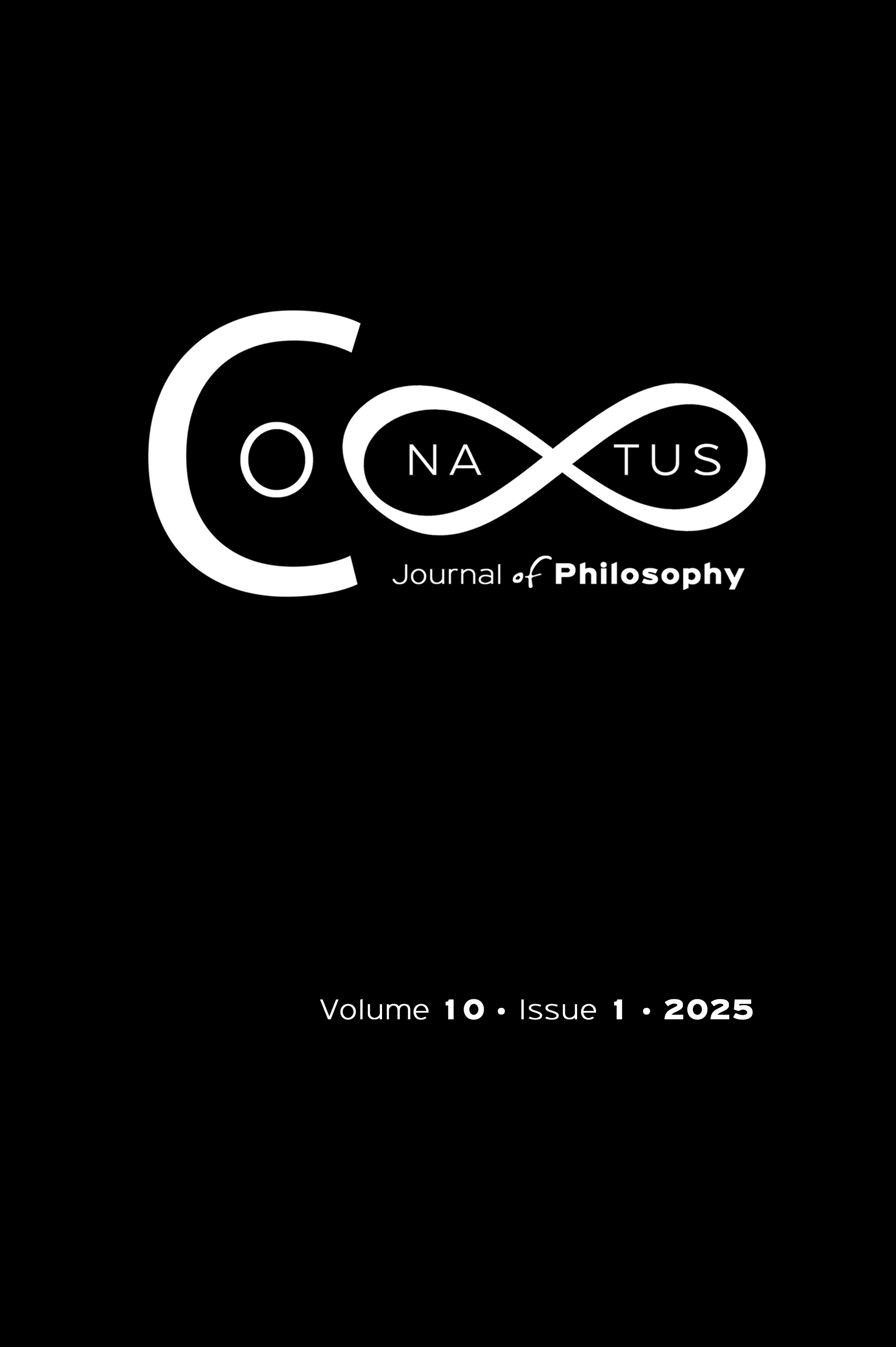The Problem of Space and Time in Kazakh Falsafa
Resumen
The research aims to analyse the relationship between space and time in different directions, presenting the concepts and historical factors that influence these concepts. The methods used to conduct the research are questionnaire, analysis, and comparison. The proposed methods provide an opportunity to identify multiple opinions and discussions about space and time, to unite them by common features, and to make an in-depth analysis of the factors that influence them. The main results of the study are to identify the characteristic features of space and time in the country, to describe and analyse the concepts and historical events influencing them, to identify the main problems and to formulate recommendations for future generations. The conducted research has provided a deeper understanding of the significance of space and time for modern society and can serve as a basis for further study of this issue. The practical significance of studying space and time concepts includes enhancing understanding among academics and the public, developing educational programs to appreciate cultural identity, facilitating cross-cultural exchanges, and contributing to societal sustainable development.
Article Details
- Cómo citar
-
Zhangalieva, A., Yessim, G., Balapashev, B., Sarkulova, M., & Tursynbayeva, A. (2025). The Problem of Space and Time in Kazakh Falsafa. Conatus - Journal of Philosophy, 10(1), 275–295. https://doi.org/10.12681/cjp.37337
- Sección
- Articles

Esta obra está bajo una licencia internacional Creative Commons Atribución-NoComercial 4.0.
Authors who publish with this journal agree to the following terms:
Authors retain copyright and grant the journal right of first publication with the work simultaneously licensed under a Creative Commons Attribution Non-Commercial International License (CC BY-NC 4.0) that allows others to share the work with an acknowledgement of the work's authorship and initial publication in this journal.
Authors are able to enter into separate, additional contractual arrangements for the non-exclusive distribution of the journal's published version of the work (e.g. post it to an institutional repository or publish it in a book), with an acknowledgement of its initial publication in this journal.
Authors are permitted and encouraged to post their work online (preferably in institutional repositories or on their website) prior to and during the submission process, as it can lead to productive exchanges, as well as earlier and greater citation of published work.






